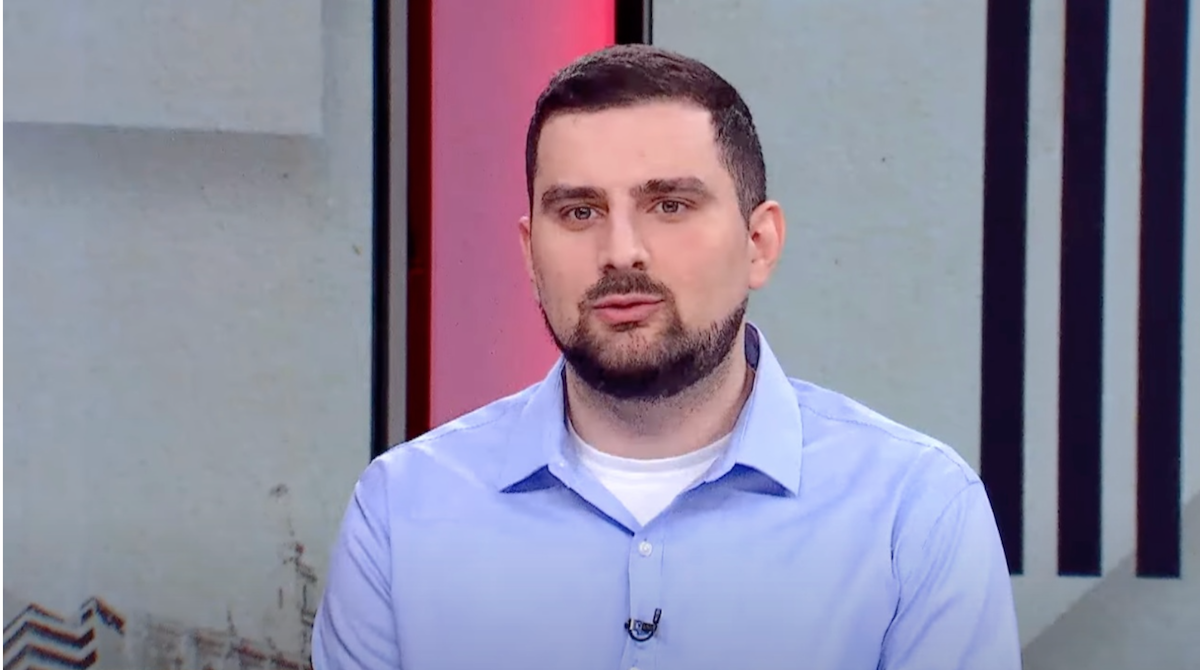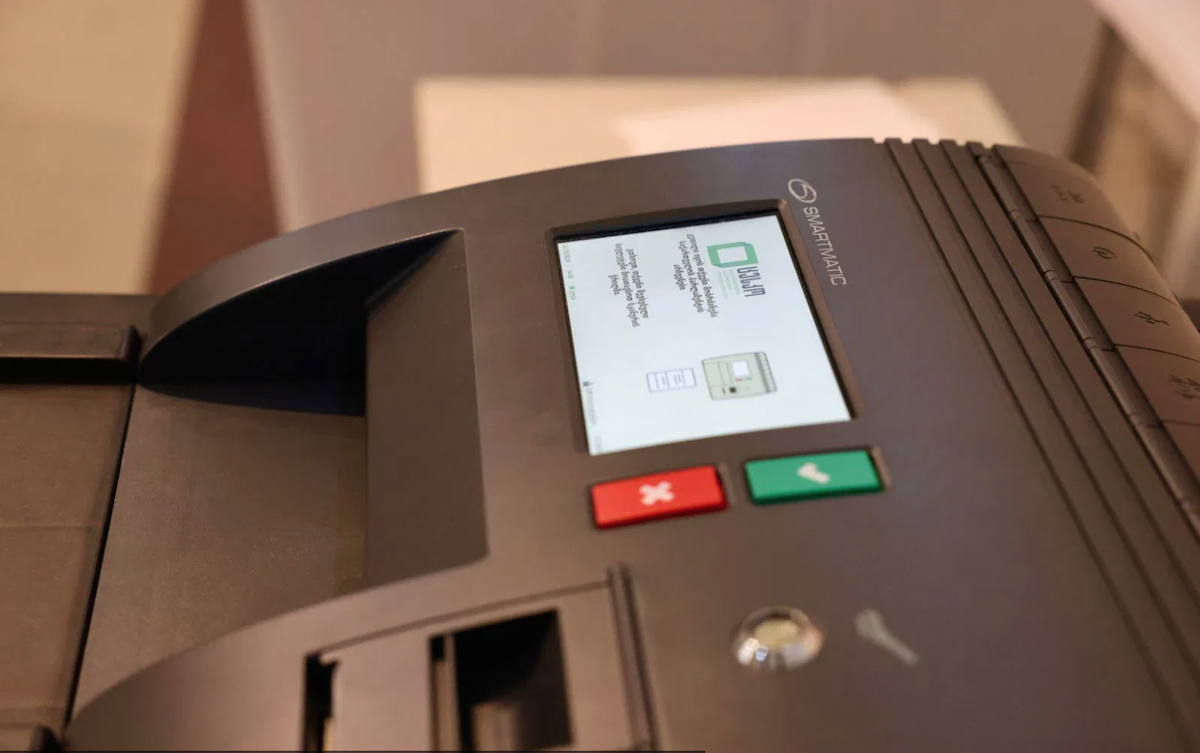Georgia's Central Election Commission adopts amendments restricting election observation
Georgia to restrict election observer activity
The Central Election Commission (CEC) of Georgia, at a meeting on 3 April 2025, adopted amendments to the rules and procedures for voting using electronic means. Under the changes, persons authorised to be present at polling stations are prohibited from requesting voters to present ID cards or from confiscating them. Additionally, photo and video recording inside the precinct election commission building is now restricted.
The resolutions were signed by CEC chair Giorgi Kalandarishvili and came into force immediately upon publication on 3 April.
Nino Dolidze, head of the International Society for Fair Elections and Democracy, wrote on social media that the CEC amendments now prevent observers from detecting fraud:
“The CEC has adopted a resolution introducing changes that restrict the ability to fully observe the voting process. One particularly problematic amendment is this: any person authorised to be present at a polling station is now prohibited from requesting a voter’s ID or from confiscating it.
Because of this change, observers will no longer be able to identify citizens attempting to vote on behalf of others. In other words, it will no longer be possible to detect so-called ‘carousel voting’ – one of the main methods of election fraud.”
What do CEC amendments entail?
The amendments also apply to the media. In particular, “a representative of the same print or other media outlet is permitted to conduct photo and video recording at a single polling station for no more than 10 minutes at a time. If the said representative wishes to film for longer than 10 minutes, they must use a designated space within the polling station assigned by the chair of the commission.”
Additionally, under the new rules, from the arrival of the first voter on election day until the last vote is cast, persons authorised to be present at polling stations may conduct photo and video recording provided that it does not interfere with the voting process. This means:
- An authorised person inside the polling station may conduct photo and video recording throughout the day, provided the camera is placed in a spot designated by the commission chair. This location must ensure the ballot box remains visible.
- The minimum distance between the person filming and the subject must be at least 3 metres, unless the size of the polling station makes this impossible. In such cases, the location for filming is determined by the chair of the precinct election commission.
- A representative of the same media outlet is allowed to film only once during the voting process at any given polling station, for no longer than 10 minutes. If the representative wishes to film for more than 10 minutes, they must use the designated spot assigned by the chair of the commission. Furthermore, processing of the footage described in paragraph 3 of article 1 of this resolution is prohibited.
- Persons authorised to be present in the polling station may freely record the voting process in cases involving voters of public interest (such as political figures, leaders of electoral subjects and political groups, religious figures). After that, the recording equipment must be removed from the polling station.
In addition, a new Article 15 has been added to the CEC of Georgia’s resolution “On determining the rules and conditions for voting using electronic means.” This article grants the chair of the precinct election commission the authority to assign one of the commission members to also serve as a registrar.
How did Salome Zourabichvili respond to the amendments?
Georgia’s fifth president, Salome Zourabichvili, commented on the changes:
“The amendments adopted by the CEC are a direct admission of the type of fraud used during elections. That fraud consisted of voters not being asked to confirm their identity. And now, the CEC has adopted changes that effectively legalise ‘carousel voting.’
This shows they are extremely nervous and preparing for elections. Anyone who suspects that new parliamentary elections may need to be called should be watching their every step and preparing carefully.
They know they’ll have to call new elections, and they’re trying to cover themselves as much as possible — but it won’t work.
This is a signal to us, to the resistance platform, that we must also be ready. And readiness means, above all, preparing observers. We need to start that preparation today — that’s the right path forward.”





















